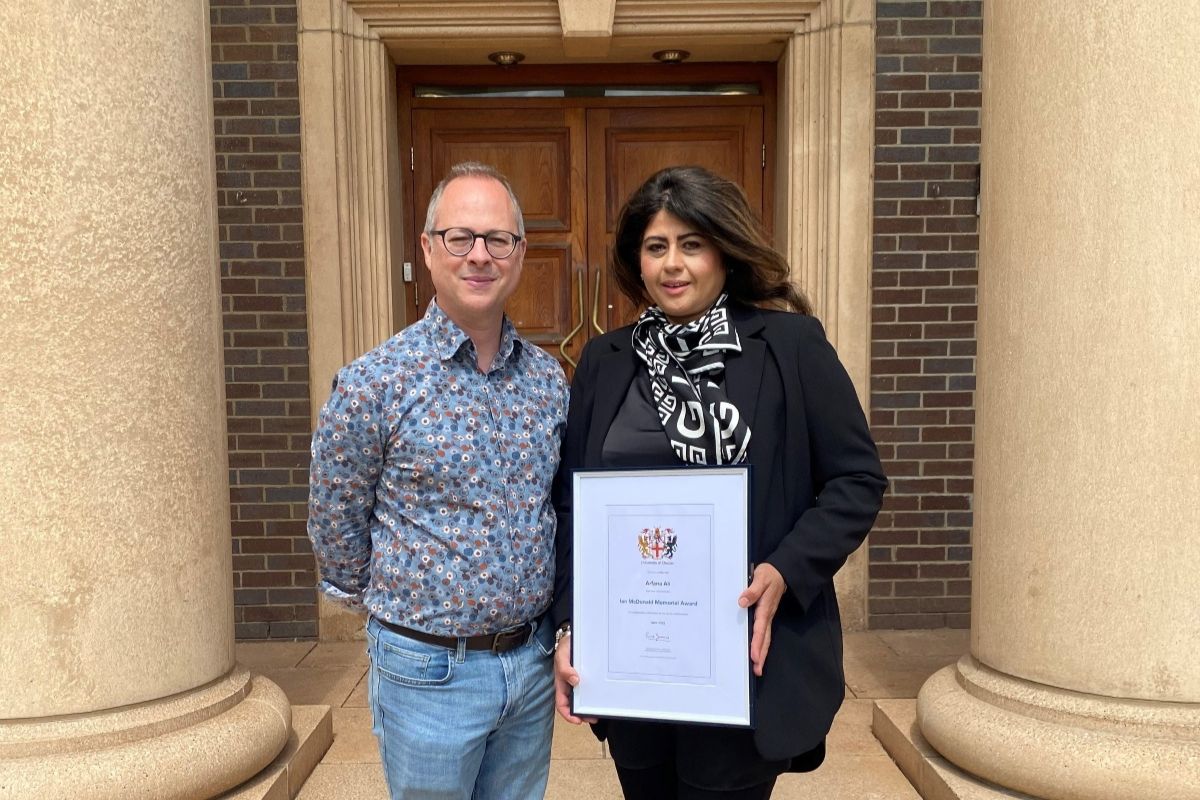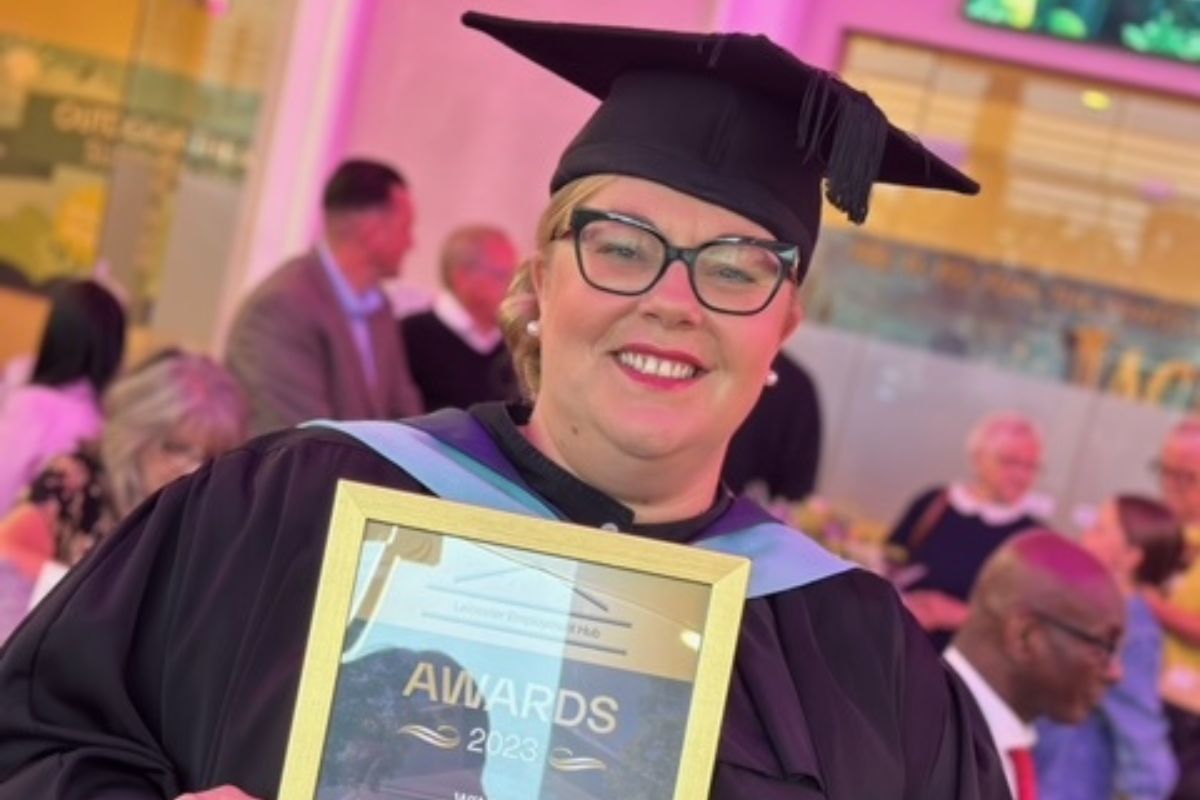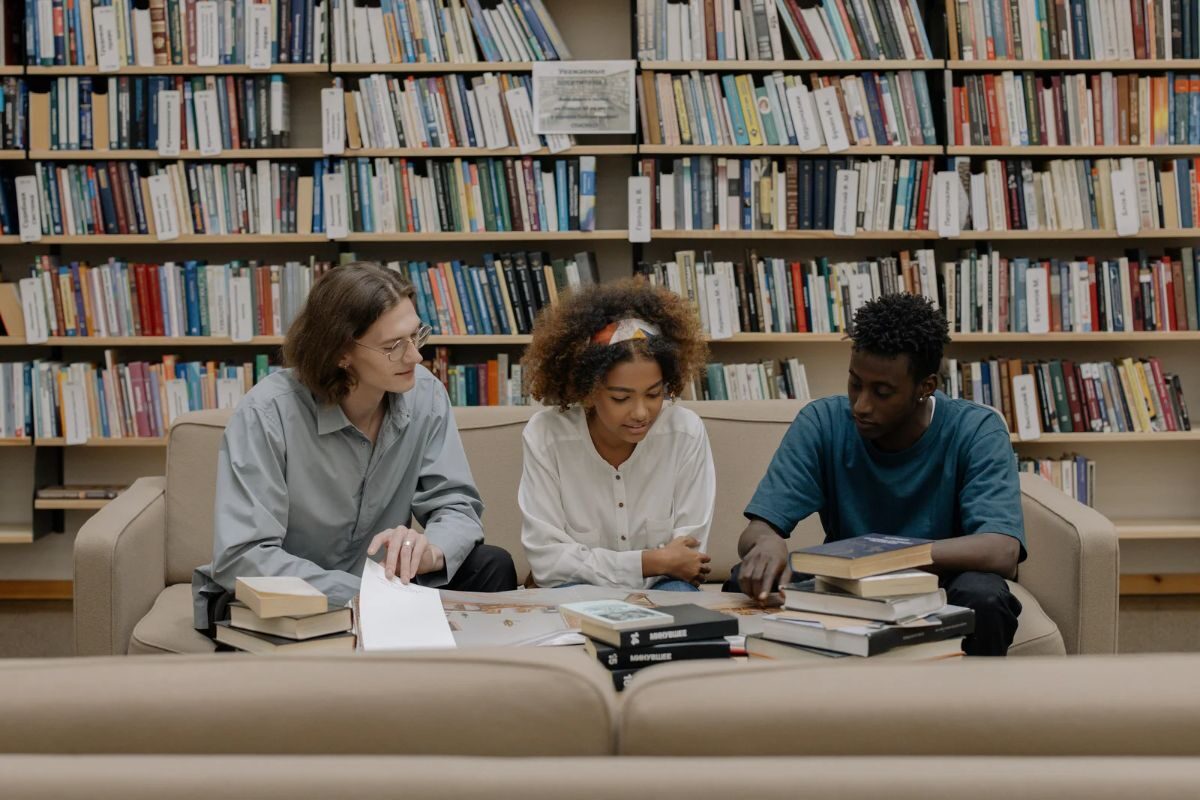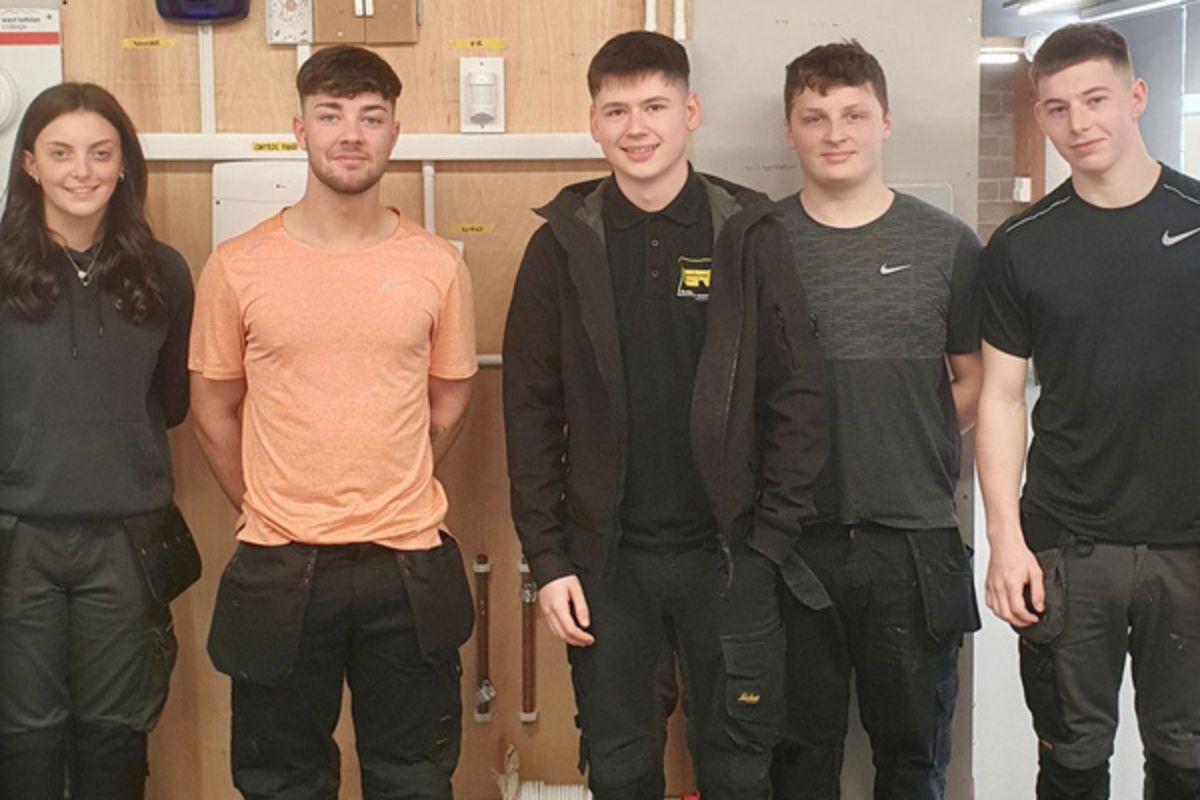January 2021: further education and skills providers

An operational note for Her Majesty’s Inspectors carrying out inspection activity of further education and skills providers from January 2021.
Introduction
On 17 March 2020, all routine inspections were suspended due to the COVID-19 (coronavirus) pandemic. As part of our phased return to routine inspection, we carried out interim visits and monitoring visits to further education and skills providers from 28 September 2020. This enabled us to work with leaders and those responsible for governance to understand the impact of COVID-19 and report on this as part of our national research programme.
Following the national lockdown that came into effect on 5 January 2021, it has been necessary to review the inspection activity that we will carry out from January 2021. Full and short inspections will remain suspended for the time being, taking account of the evolving COVID-19 situation. In the meantime, in order to ensure that leaders are focusing on what will best meet the needs of learners, from 25 January 2021 we will carry out the following inspection activities:
- progress monitoring visits (PMVs) to providers judged to require improvement for overall effectiveness that have not yet received a monitoring visit since their last full inspection
- PMVs to providers judged inadequate for overall effectiveness that have not yet received a monitoring visit since their last full inspection or that are due their second re-inspection monitoring visit (if they continue to be publicly funded)
- PMVs to new providers that are due a full inspection and have received a new provider monitoring visit 2 years ago or more (subject to a provider’s individual circumstances)
We may also carry out PMVs to other providers on a case-by-case basis.
PMVs follow the guidance set out in the inspection handbook, paragraphs 24–26. They will focus on the progress leaders and those responsible for governance are making in taking effective action to provide education in the current circumstances. They will report on the extent of improvements since the last inspection.
These inspections are to help learners, parents, employers and government understand how providers are meeting the needs of learners in this period. This includes learners with high needs and those with special educational needs and/or disabilities.
We will normally carry out our routine inspection activity remotely during the period of national lockdown. We believe that face-to-face visits are the best way to get to know a provider, however, we have moved to remote inspection activity in response to the latest government guidance and current COVID-19 restrictions. As soon as COVID-19 conditions and government guidance allow, we will return to on-site inspection activity.
Inspecting providers remotely limits our ability to provide the same level of assurance that on-site activity would provide.
We will continue to carry out emergency monitoring visits or inspections if we have a significant cause for concern, such as about safeguarding or a breakdown in leadership and management. We will continue to carry these out on site, wherever possible.
The legal context
We will carry out PMVs and emergency monitoring visits (or full inspections if we have a significant cause for concern) under Part 8 of the Education and Inspections Act 2006.
Monitoring visits
Progress monitoring visits (PMVs)
From 25 January 2021, we will carry out PMVs to providers:
- judged to require improvement for overall effectiveness that have not yet received a monitoring visit since their previous full inspection
- judged inadequate for overall effectiveness that have not yet received a monitoring visit since their previous full inspection or that are due their second re-inspection monitoring visit (if they continue to be publicly funded)
- that are new providers (as defined by the inspection handbook, paragraph 14), that are due a full inspection and that have received a new provider monitoring visit 2 years ago or more (subject to a provider’s individual circumstances)
We may also carry out PMVs to other providers.
We will carry out PMVs in accordance with the inspection handbook, unless otherwise indicated below.
Coverage and progress judgement
Inspectors will make a progress judgement (insufficient/reasonable/significant) against the following overall theme:
- What progress are leaders and those responsible for governance making to ensure that staff teach a curriculum and provide support to meet learners’ needs, including the provision of remote/online learning?
There will be a particular focus on:
- improvements since the previous inspection (for requires improvement and inadequate providers)
- improvements since the new provider monitoring visit (for new providers)
- the quality of education being provided (including on-site and remote/online education)
- the effectiveness of support for students
The impact of COVID-19 will be taken into account in the findings and progress judgement.
As usual, the categories of progress judgement are defined as follows:
- insufficient progress: progress has been either slow or insubstantial or both, and the demonstrable impact on learners has been negligible
- reasonable progress: the provider’s actions are already having a beneficial impact on learners, and improvements are sustainable and are based on the provider’s thorough quality assurance procedures
- significant progress: progress has been rapid and is already having considerable beneficial impact on learners
Preparation
We will give up to 2 working days’ notice of a PMV. We will normally notify the provider in the morning of the notification day with an email which includes the notification letter. Following this initial notification, the lead inspector will call the principal/chief executive officer (CEO).
A provider may request a deferral of a PMV. We will decide whether a deferral should be granted in accordance with our deferral policy. The lead inspector will liaise with the provider to ensure that, wherever possible, the PMV can go ahead.
The lead inspector will discuss with the provider the inspectors’ schedule and the activities that inspectors will carry out by remote means, such as telephone and video conferencing calls.
We will invite each provider to nominate a senior member of staff to act as the main link with the inspectors carrying out the visit.
PMVs will normally last 2 days. They will normally be carried out by Her Majesty’s Inspectors (HMI).
During the PMV
We will normally carry out inspection activities remotely.
We reserve the right to carry out aspects of the visit on site if serious concerns warrant it. Where inspectors have concerns about safeguarding or a serious breakdown in leadership and management, it is likely that the activity will move on site or the PMV may be declared incomplete and completed on site at a later date. We will apply our policy on incomplete inspections where appropriate.
Should it be necessary for an inspector to go on site, inspectors will take all reasonable steps to work within the provider’s COVID-19 systems and processes, in line with government guidelines.
Feedback to leaders
At the end of the PMV, the lead inspector will provide final feedback to the nominee, principal/CEO and any senior leaders that the provider elects to attend by telephone or video conferencing call. Relevant officers from the Education and Skills Funding Agency (ESFA) and the Department for Education (DfE) may join the feedback meeting. Where appropriate, the Greater London Authority (GLA) or appropriate mayoral and combined authorities (MCAs) may also join the meeting.
The findings are provisional and may be subject to change through quality assurance and will be generally reflected in the report. We may share them with the Further Education Commissioner, ESFA, the DfE, Office of Qualifications and Examinations Regulation (Ofqual), Office for Students (OfS), GLA, MCAs or other relevant regulators/inspectorates before we publish the report.
After the PMV
Report to the provider
PMVs will result in a brief published report. Within 18 working days of the end of the PMV, we will write to the provider, setting out in a draft report what inspectors found. This will have been quality assured. We may share the draft report or findings with other public bodies.
The provider will have 5 working days to comment on the draft report, inspection process and findings. We will consider all comments and we will respond to them when we share the final report with the provider within a maximum of 30 working days of the end of the PMV, although it may be sooner.
If the provider wishes to submit a formal complaint, it will have until the end of the fifth working day after receiving the final report to do so.
We will normally publish the report on our reports website within 38 working days of the end of the PMV. We may delay the publication of the report if a complaint is being investigated.
Post-visit surveys
Following the PMV, we will ask providers for feedback about the process through a survey. We provide details about how providers can share their views when we send the final report.
Quality assurance
We will monitor the quality of the PMVs through a range of formal processes. We may remotely monitor evidence to quality assure the inspectors’ work; if necessary, this may need an on-site visit to the provider. We will quality assure evidence bases and reports.
The evidence base
The evidence base for the PMV will be retained in line with Ofsted’s retention and disposal policy. This is normally for 6 years from when the report is published. We may decide that retaining it for longer is warranted for research purposes.
Conduct and complaints
Inspectors must uphold the highest professional standards in their work and treat everyone they encounter during PMV fairly and with respect and sensitivity.
Inspectors must at all times adhere to the code of conduct for inspections. Any concerns and complaints during the visit will be handled in line with Ofsted’s complaints policy.
Next stages
Following the PMV, a requires improvement provider would receive a requires improvement monitoring visit (RIMV), following normal arrangements. However, these providers may choose to forgo their RIMV and go straight to a full re-inspection as their next inspection activity.
Following their PMV, inadequate providers would normally receive a re-inspection monitoring visit (RMV), following normal arrangements. However, these providers may choose to forgo their RMV (or both RMVs if they are due 2 visits) and go straight to the full re-inspection as their next inspection activity.
For all other providers, following a PMV, they will receive whatever inspection they would expect under normal arrangements. For example, a new provider that has already had a new provider monitoring visit will normally receive a full inspection as its next inspection activity. A good provider will normally receive a short or full inspection following a PMV as their next inspection activity.
We will take into account the outcome of the PMV when reviewing the timing of the next full inspection.
Other monitoring visits
If we have significant cause for concern, such as about safeguarding or a breakdown in leadership and management, we may carry out a monitoring visit to any provider at any reasonable time. These monitoring visits will normally result in a progress judgement against each theme covered, and a brief published report, as set out in the inspection handbook. We may only cover the theme causing concern, if appropriate. Concerns arising from monitoring visits may lead to an early full inspection.
The processes set out above relating to PMVs will normally apply, except that some element of the visit may be carried out face to face.
Privacy notice
During a PMV, inspectors may collect information about staff and learners by talking to them, visiting lessons and/or training sessions (whether in person or remotely) and by looking at documents and other recorded information. Inspectors may also meet with employers, where appropriate. We will use this information to prepare a brief report and as set out in our further education and skills privacy notice.
Published 7 December 2020
Last updated 12 February 2021 + show all updates
-
Updated to clarify that from 15 February, Ofsted will carry out progress monitoring visits to new providers due a full inspection: this applies to those that have had a new provider monitoring visit 2 years ago or more.
-
Updated in light of the national lockdown to clarify that our inspection activity will be remote by default until February; to set out how we will carry out progress monitoring visits; and to confirm that we will continue to carry out emergency monitoring visits or inspections if we have a significant cause for concern.
-
First published.












Responses